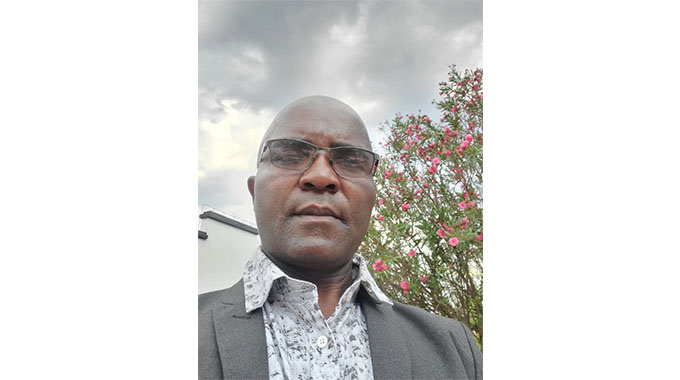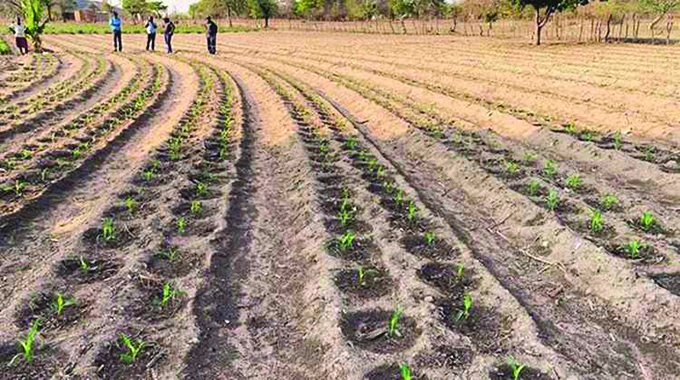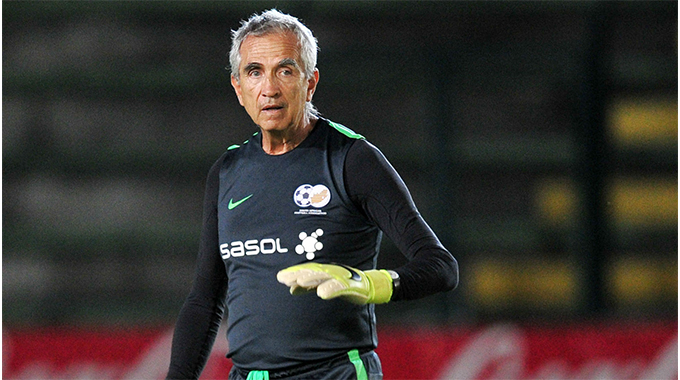ZACC takes campaign against graft to Matabeleland North

Sikhumbuzo Moyo, Senior Reporter
THE Zimbabwe Anti-Corruption Commission (Zacc) yesterday embarked on a public awareness campaign against graft in Matabeleland North districts.
The commission said corruption has also become endemic to rural areas as villagers have for long been susceptible to corrupt activities by people in positions of authority.
There are two five-members teams that left for the province yesterday with Team One heading straight to Binga district where they will set base for three days, meeting villagers in Binga town and at Chief Siachilaba’s homestead.
Team Two left for Tsholotsho district where they will be at the business centre and Chief Tategulu’s homestead, about 45km from the business centre.
After three days Team B will head for Lupane in headman Samanyanga’s area as well as Lupane centre and also visit Chief Shana in Jambezi area in Hwange district.

Chief Siachilaba
The last tour of the province will see the two teams converging in Umguza at Chief Mabhena’s homestead where there will also be the provincial launch of the public campaigns.
In an interview yesterday, Zacc Ethics and Public Education manager, Dr Munyaradzi Magiga said Government resources have on many occasions not reached their targeted recipients after being diverted by officials in full glare of the poor villagers who would be ignorant of how and where to report such cases and or persons.
Early this month, President Mnangagwa fired Agriculture, Fisheries, Water and Rural Development Deputy Minister Douglas Karoro for conduct inappropriate for a Deputy Minister following his arrest and remand for defrauding the Presidential Input Scheme of US$73 300 worth of inputs over a period of two months.

Dr Munyaradzi Magiga
The inputs included 700 bags of fertilizer, US$18000 worth of maize seed and 5 000 vegetable seed kits from the Presidential Input Schemes that were fraudulently diverted and sold between March and April this year. The inputs, which came from the Grain Marketing Board’s (GMB) Mushumbi Pools Depot in Mbire, Mashonaland Central, were for small scale farmers in Mbire.
Dr Magiga said the commission has been doing the awareness campaigns in urban areas but realised that corruption was also rampant in rural areas and perpetrators, mostly, went scotfree.
“We were doing it (campaigns) in urban areas but then we also felt that we were doing a disservice to people in the rural areas because they continue to be a punching bag in terms of corruption in that when Government releases any resources that are meant to alleviate either poverty or some developmental projects, they get hijacked by people in positions of authority and the rural folks continue to be losers in one way or the other.

Fertiliser
You talk about the Pfumvudza/Intwasa, issuance of mining claims, hunting licences, fisheries and so forth, people have always been complaining but they don’t have such platforms.
“We then thought as a commission that we should actually have targeted campaigns where we visit the rural areas so that we empower them with knowledge and skill that they can actually resist and report corruption.
They are expected to be alert, for example, if there has been a delivery of say seeds or fertiliser, they should be able to demand a receipt to check how many bags actually left the depot before any distribution is done.
Once there is a disparity then those people can now raise the red flag and when such happens, everything must stop until the District Development Coordinator, the police and Zacc step in,” said Dr Magiga.

Pfumvudza Intwasa fields
He said persons in positions of authority starting from national to ward level are to blame for any irregularities in the distribution of resources by virtue of them being decision-makers.
“They are people in control of those resources right from national level up to ward level. Anybody who takes charge of resources is to blame when it comes to corruption because that is where decisions are made on whether to give this one or not,” said Dr Magiga.
He said before coming to Matabeleland North, his team toured Midlands and Masvingo provinces where people spoke of corrupt activities that are happening and some of them have since come forward and given Zacc reports which are now being investigated.

maize seed
“Almost in every province, we have cases that are under investigation and this is an ongoing thing. I don’t know why these people never learn, corruption levels have reached a point where it’s now literally epidemic, it’s rampant to the extent that you will find the generality of citizens would blame the Government because it is done in broad daylight when people actually see the commission of crime, so the whole idea of this campaign is for the people to say no, it’s enough,” said Dr Magiga.
Established in 2005, Zacc is an independent commission created to combat corruption and crime, it was established in terms of Chapter 13, Part 1 of the Constitution of Zimbabwe.










Comments